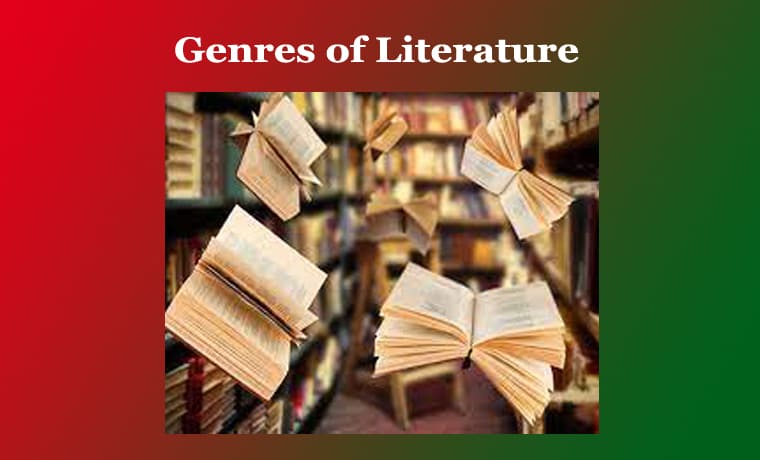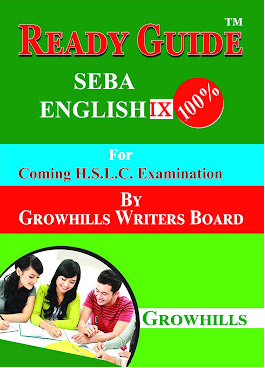Genres of Literature
Table of Contents
Genres of Literature
Introduction to Genres of Literature:
Literature encompasses a wide array of genres, each distinguished by unique characteristics, themes, and narrative styles. These genres provide a framework for readers and writers to navigate the vast landscape of literary works, offering diverse experiences and catering to a multitude of tastes and preferences. Here are some major genres of literature:
Different Genres of Literature
Fiction:
Novels, Short Stories, Novellas: Fictional works are narratives that originate from the author’s imagination. They explore imaginary worlds, characters, and events. Novels, short stories, and novellas fall under this broad category.
Example: Jane Austen’s “Pride and Prejudice” (Novel), Edgar Allan Poe’s “The Tell-Tale Heart” (Short Story)
Poetry:
Sonnet, Haiku, Free Verse: Poetry is characterized by its rhythmic and often metrical composition. It emphasizes the use of language for its aesthetic and evocative qualities, conveying emotions, ideas, and imagery through carefully crafted verses.
Example: William Shakespeare’s Sonnets, Matsuo Basho’s Haiku
Drama:
Tragedy, Comedy, Historical Drama: Dramatic works are written for performance on stage or screen. They involve dialogue, conflict, and characters interacting in a plot. Drama often explores themes through the actions and words of characters.
Example: William Shakespeare’s “Hamlet” (Tragedy), Oscar Wilde’s “The Importance of Being Earnest” (Comedy)
Non-Fiction:
Essay, Memoir, Biography, Journalism: Non-fictional works present factual information and real events. They cover a wide range of subjects, from historical accounts and biographies to reflective essays and journalistic reporting.
Example: George Orwell’s “Politics and the English Language” (Essay), Maya Angelou’s “I Know Why the Caged Bird Sings” (Memoir)
Mystery:
Detective Fiction, Crime Thrillers: Mystery literature revolves around solving a puzzle or uncovering hidden truths. It often features detectives, criminals, and suspenseful plots with unexpected twists.
Example: Agatha Christie’s “Murder on the Orient Express,” Arthur Conan Doyle’s “Sherlock Holmes” series
Science Fiction:
Space Opera, Cyberpunk, Dystopian Fiction: Science fiction explores speculative and futuristic concepts, often involving advanced technology, space exploration, and alternate realities. It delves into the impact of scientific advancements on society.
Example: Isaac Asimov’s “Foundation,” Philip K. Dick’s “Do Androids Dream of Electric Sheep?”
Fantasy:
High Fantasy, Urban Fantasy, Magical Realism: Fantasy literature features elements not found in the real world, often involving magic, mythical creatures, and otherworldly realms. It allows for the exploration of imagination and the suspension of reality.
Example: J.R.R. Tolkien’s “The Lord of the Rings,” J.K. Rowling’s “Harry Potter” series
Romance:
Historical Romance, Contemporary Romance: Romance literature centers around romantic relationships and the emotional journeys of characters. It explores themes of love, passion, and connection.
Example: Jane Austen’s “Sense and Sensibility,” Nicholas Sparks’ “The Notebook”
Conclusion:
These genres represent a fraction of the diverse and ever-evolving landscape of literature. Each genre offers a unique lens through which authors explore human experiences, societal issues, and the boundless realms of imagination. Readers can find a genre that resonates with their interests, allowing literature to serve as a gateway to different worlds and perspectives. 0 0 0. Genres of Literature
Genres of Literature
Articles on Literature:













